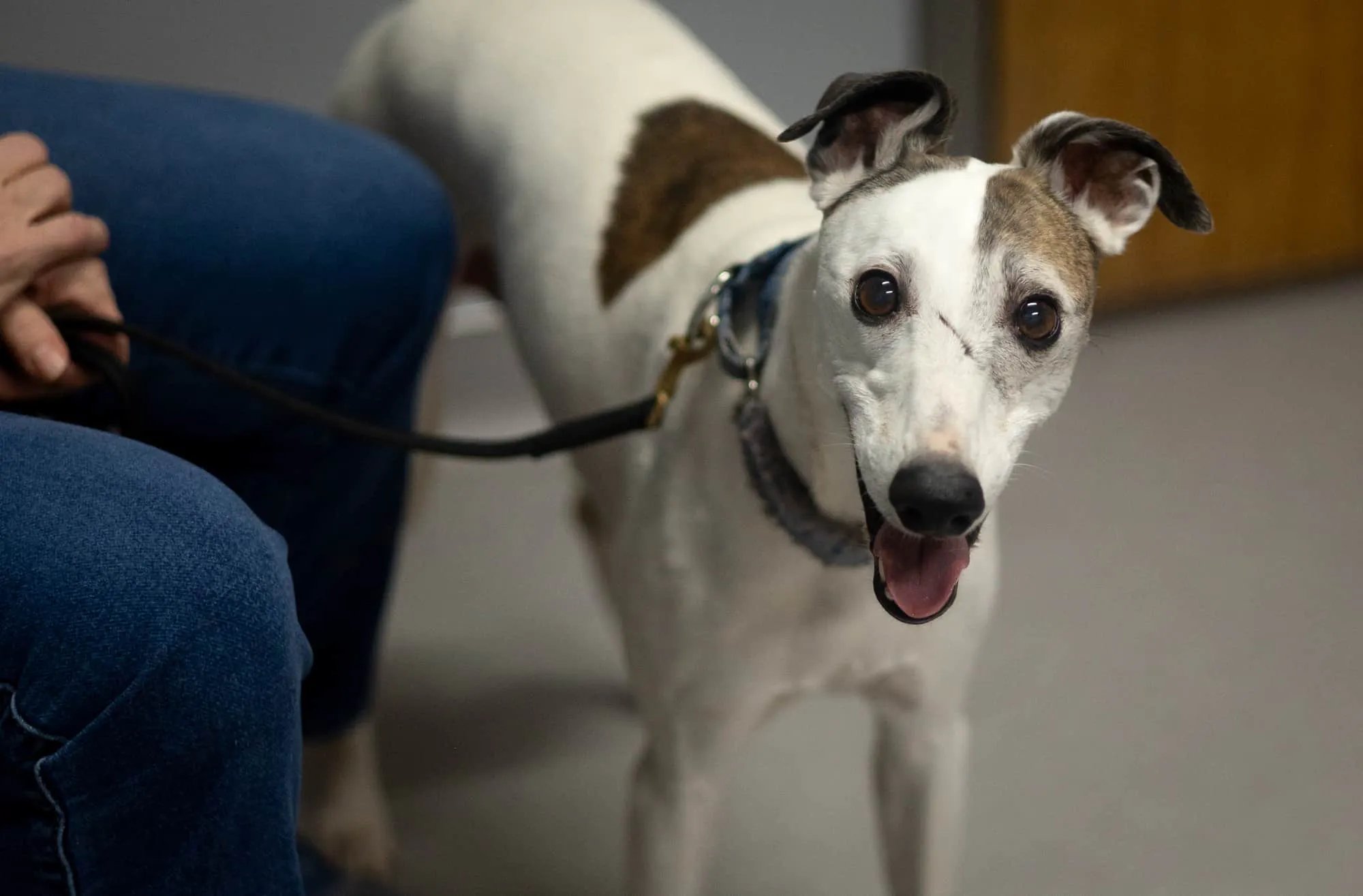An anti-aging pill for senior dogs is now in clinical trials — and if it works as hoped, it might not only extend your pet’s lifespan, but one day lead to treatments that extend yours as well.
The need: Larger breed dogs tend to have shorter lifespans than smaller breeds — Chihuahuas, for example, can expect to live 15-17 years, while Great Danes tend to live for just 8-10 years.
Biotech company Loyal is developing an injectable drug, LOY-001, designed to help large breed dogs not only live longer, but stay healthy longer, and in November 2023, it announced that it had cleared an important milestone toward getting the medication approved by the FDA.
The new anti-aging pill is being trialed in senior dogs weighing as little as 14 pounds.
“STAY”: Loyal has now launched the STAY study, which will test a daily anti-aging pill, called LOY-002, in senior dogs. This pill is designed to “improve metabolic fitness” in a way that Loyal expects will increase the number of healthy years a dog gets to enjoy.
The pill isn’t only for big dogs, either — the study is enrolling senior dogs weighing as little as 14 pounds, meaning pooches from all but the smallest breeds will be able to participate.
The details: In addition to weighing at least 14 pounds, a dog must be at least 10 years old and live near one of 55 participating vet clinics to enroll in the STAY study.
“I think anybody that has an older dog that could participate would jump at the chance.”
Deb Hanna
Owners must be committed to participating for the full duration of the study (4 years) and able to give their dog a flavored chewable once a day — half of the dogs in the study will receive the anti-aging pill, and the other half will be given a placebo.
Owners will need to complete regular surveys about their dog’s quality of life, as well as bring the dog to the clinic for six check ups in the first year and then twice yearly for the following three years (but those visits are at no cost to the owner).
Looking ahead: Loyal plans to enroll 1,000 senior dogs in the STAY study, and the first of those pups — an 11-year-old whippet named “Boo” — has already been dosed at the Animal Hospital of Dauphin County in Harrisburg, Pennsylvania.
“It could help other dogs, including my younger dogs someday,” said Deb Hanna, Boo’s owner, of joining the study. “It’s very important. I think anybody that has an older dog that could participate would jump at the chance.”

The study could also help people — dogs are one of the best models of human aging, so Loyal’s research has the potential to lay the foundation for anti-aging treatments for us, too.
“If we succeed in [getting this first-ever aging approval through the veterinary FDA], we’ll hopefully, broadly, enable the rest of the aging field, which is really the goal,” Loyal CEO Celine Halioua told Freethink.
We’d love to hear from you! If you have a comment about this article or if you have a tip for a future Freethink story, please email us at [email protected].






